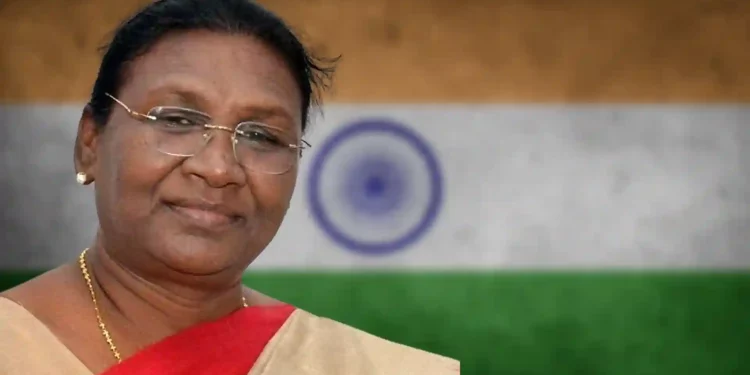Federal and State lawmakers voted to elect Droupadi Murmu as India’s first President from a tribal community, making her India‘s second female President, and the fifteenth President elected till date.
The election of Ms. Murmu is slated to enhance the appeal of Indian Prime Minister Narendra Modi’s party amongst marginalised groups, in a run-up to the general elections scheduled for 2024.
Droupadi Murmu is 64 years old, and a teacher turned politician. She is scheduled to take office on July 25, when she will commence her five-year term.
New President supported by the BJP party
Over 4,500 lawmakers participated in the presidential election voting on Monday, with counting of the ballots being completed late last evening. Ms. Murmu was virtually assured of victory in the elections, since she was supported by the country’s BJP party, which enjoys a dominating role in Indian politics.
Commenting on the election, Indian Prime Minister Narendra Modi said that a daughter of India from a tribal community in Eastern India has been elected as President of India.
Ms. Murmu was born into a family of the Santhal tribe, originating in the Eastern state of Odisha. She began her career as a schoolteacher and was actively involved in community work.
Later in her career, Ms. Murmu entered mainstream politics, and served as a lawmaker for the BJP party in Odisha. She went on to become the Governor of Jharkand, an eastern state.
India’s tribal communities comprise almost 8 percent of the country’s population, and Ms. Murmu’s election is seen as an effort by the BJP party to reach out to this community.
Political columnist Neerja Choudhary stated that the BJP aims to offset the anti-incumbency of the last ten years in 2024, and aimed for a new voter base to achieve that objective.
Ms. Murmu won twice as many votes as her competitor Yashwant Sinha, an opposition candidate, who was former finance minister with the BJP party. Ms. Murmu will take over office from outgoing President Ram Nath Kovind.
The President of India is the Supreme Commander of the Armed Forces, but executive powers are held by the Prime Minister of the country.
However, the President of the country plays a key role in the event of a political crisis, by deciding on issues such as an inconclusive general election, and also deciding on which political party is best placed to form a government.


















